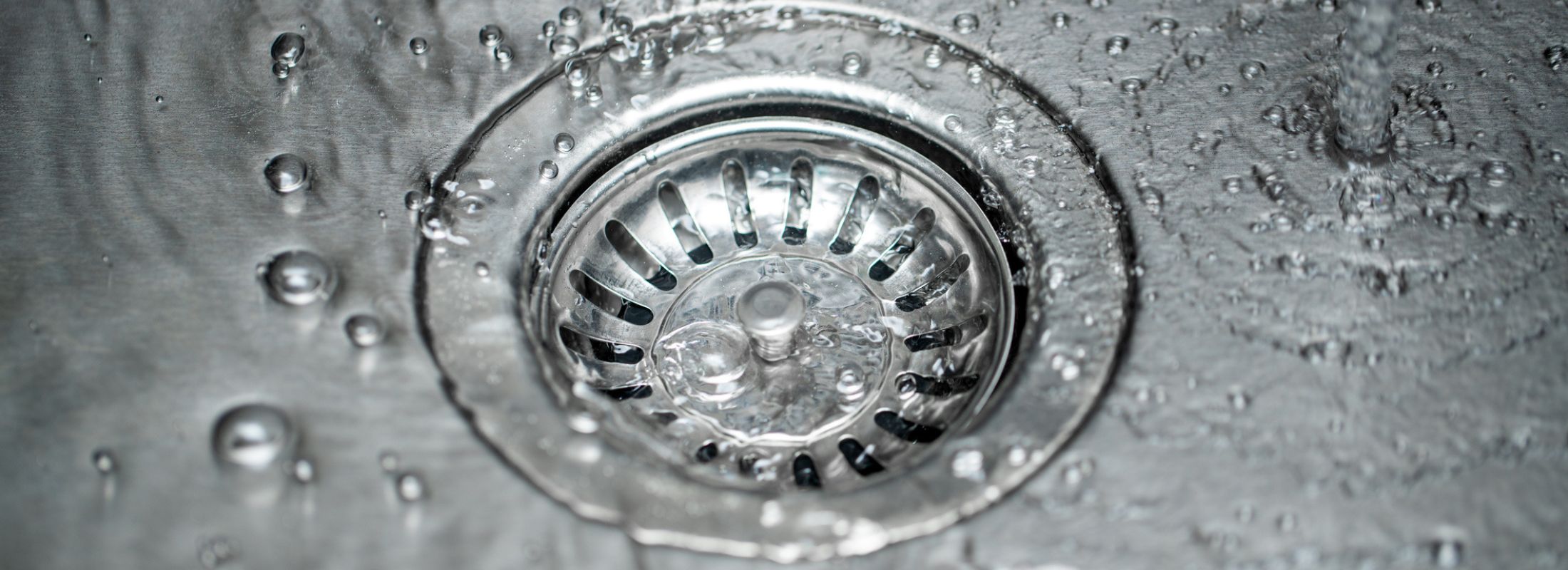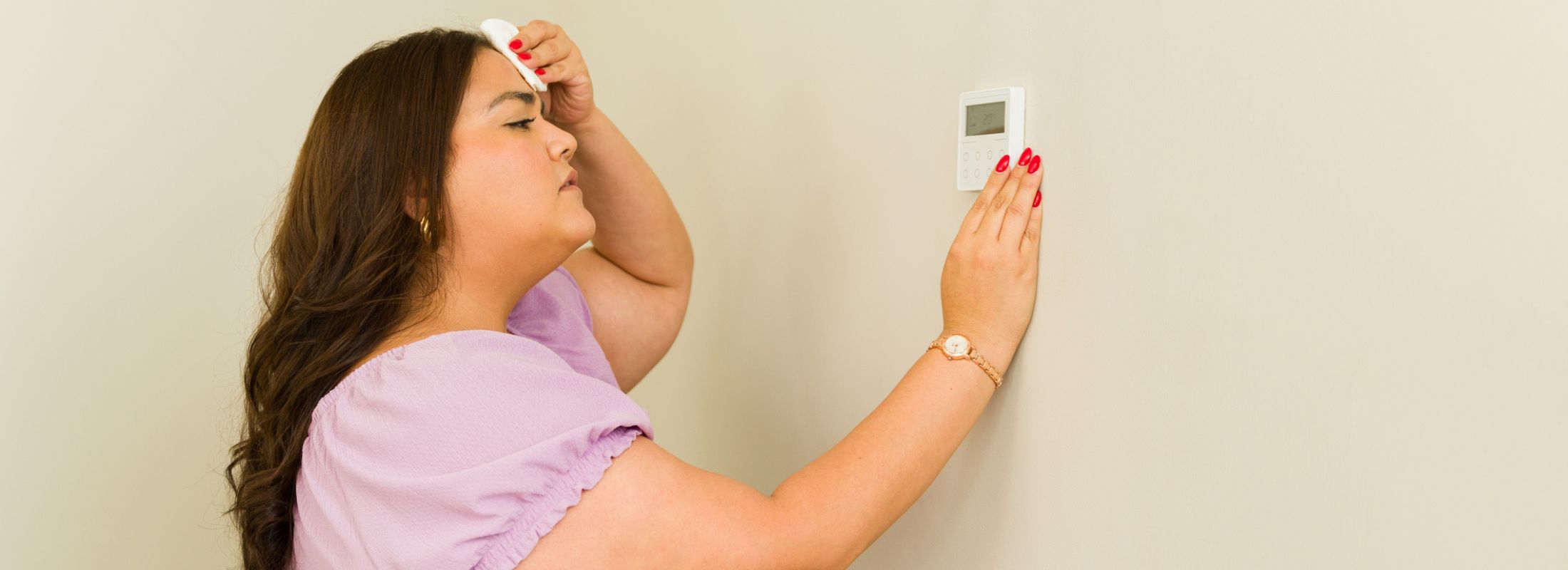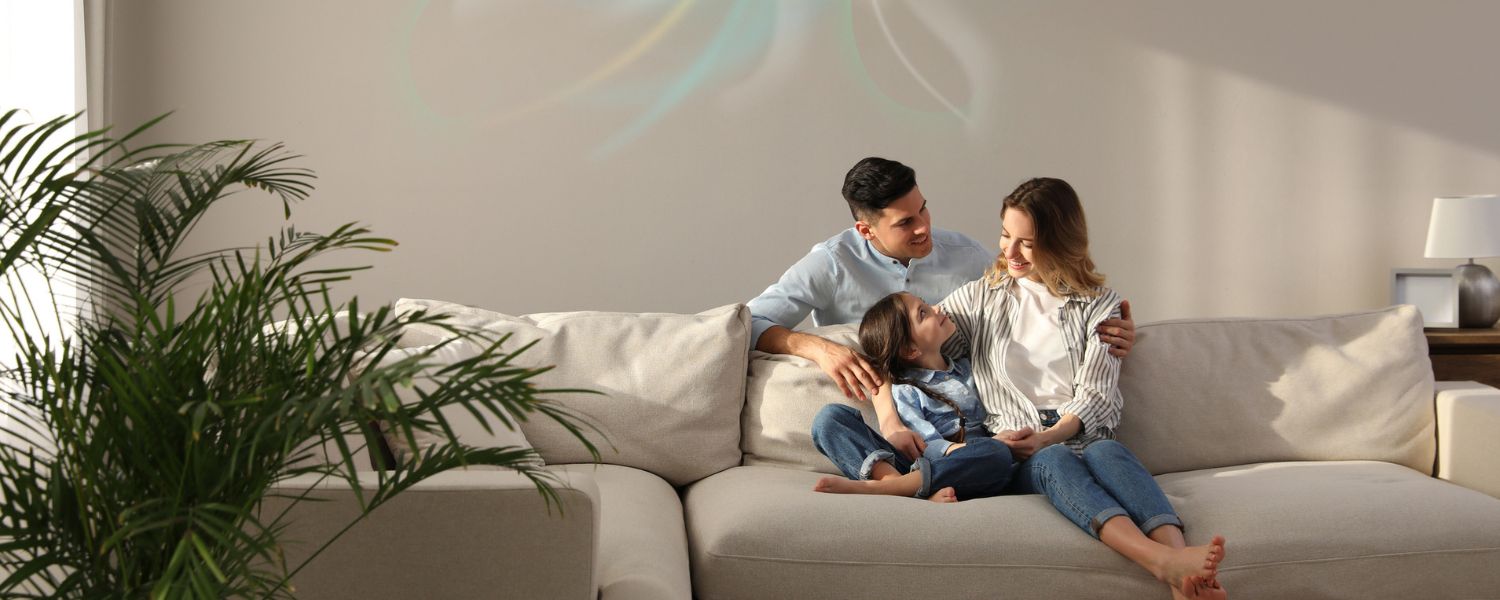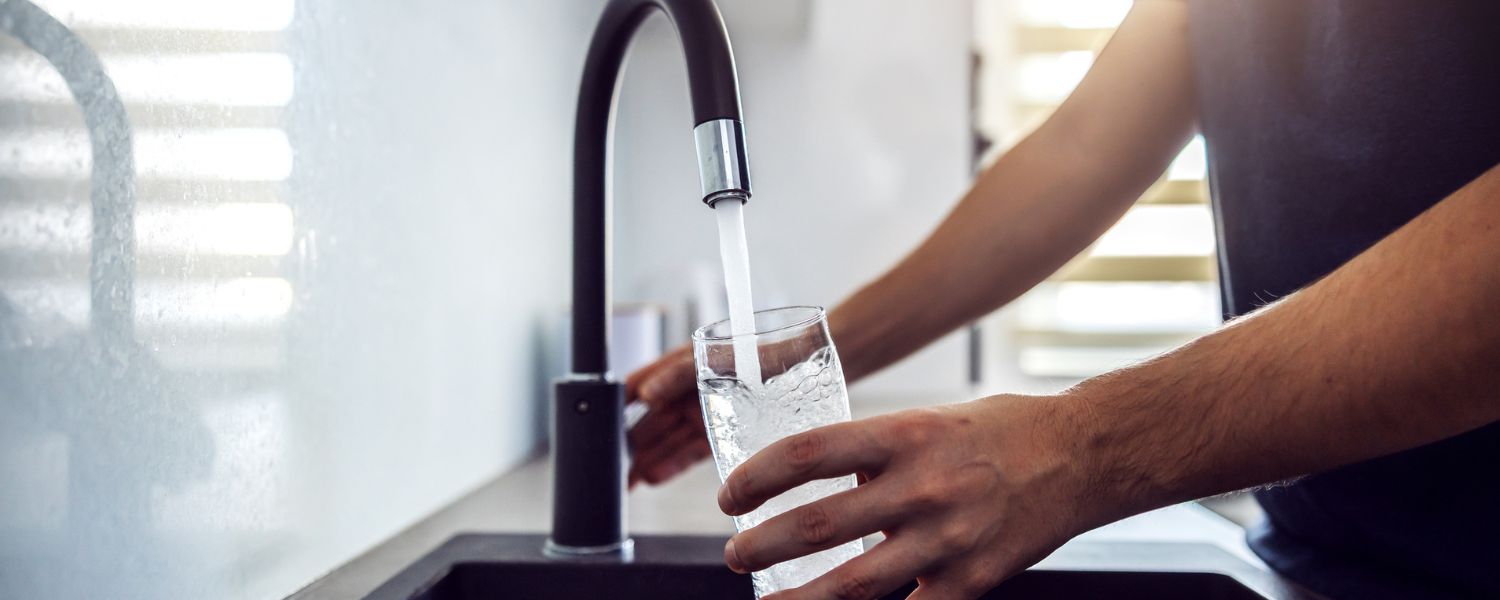Steven Winsett is one of Bill Howe Plumbing’s senior technicians. Steven has extensive experience in tankless water heater installations and repairs as well as the installation and repair of water softeners, whole house water filtration systems and reverse osmosis systems. In our latest “Ask the Experts” interview, we asked Steven questions that he receives most from customers interested in water filtration systems.
Q: How many years have you been in the plumbing industry?
A: I’ve been in the plumbing industry for 19 years. I’ve been with Bill Howe Plumbing for the last seven years.
Q: How long have you specialized in whole house water filtration systems?
A: I’ve been working with water filtration systems for the last 10 years. I work on whole house water filtration systems, water softeners, well treatment and reverse osmosis.
Q: How do whole house water filtration systems work?
A: There are two types of systems: A carbon filtration system and a water softener.
A carbon filtration system has a coconut charcoal in the system and as the water passes through the charcoal it filters out the chlorine, sediment, etc., delivering bottle quality water to every fixture in your house. As time passes and this charcoal collects waste in the water, it has to clean itself out. It goes through a self-cleaning process automatically every 7-10 days. The average lifespan of a carbon filtration system is 10 to 15 years.
A water softener works on what’s called an ion exchange. A tank of a man-made resin and sodium ions is used to attract calcium and magnesium which creates hard water. As the water passes through, the result is soft water to every plumbing fixture of your home. After a period of about 7 to 12 days, these ions become depleted and the resin needs to be regenerated, which is done automatically. A salt/brine tank is used for the regeneration process. The salt water is flushed through the tank and filters through the resin, during which the sodium ions adhere to the salt. Then the machine washes away any excess ions. The life-span of a water softener is about 12 to 15 before the resin would need to be switched out. Most often at that point it would be the most cost effective to simply replace the system.
Q: So, does a water softener increase the amount of sodium in the water?
A: No. There is a misconception about the amount of sodium that is potable water. It’s actually a minimal amount. When the water softener goes through the regeneration process and cleans itself, it rinses out a lot of the excess sodium left behind. So, in actuality, VERY little sodium gets into your drinking water.
Q: How do you determine which type of filtration system a customer needs?
A: Customers first need to decide what they want. Do you want “water bottle quality” water throughout your house? Or, do you want soft water, free of grittiness. San Diego is notorious for its hard water and is probably the more common system of the two. Both systems serve different functions: water softeners remove the calcium and magnesium that cause hard water and a carbon filtration system removes everything except for calcium and magnesium. Sometimes customers will have both installed.
Q: Are there any other water filtration options?
A: Another option is a reverse osmosis system which is installed to filter the water of one fixture. These systems are not large consumption systems and typically installed to improve the home’s cooking and drinking water. They’re usually a 2 or 3 gallon reservoir tank and most times they fit right under the kitchen sink. They run around $1000* to install.
*Price subject to change, for exact price call 1-800-BILL-HOWE for an onsite estimate
Q: How is a whole house water filtration installed?
A: First, I have to find the main water supply and shut off valve so that I can hook up the system there. By hooking up the system where the water enters the house, it ensures the entire home’s water will be treated. Then, we want to find the nearest drain (that could be a clean out or a drain line that we can tap into) because each unit is a self-cleaning system and will need to drain excess water when it does this. Next, we find the nearest power source because they are all electrical and need to be plugged in.
Q: Should customers be concerned about their electric bill going up?
A: No, these systems are low voltage (24 volts) so there should be minimal, if any, increase to the electric bill.
Q: How much water does it waste when it goes through the self-cleaning process?
A: These units will waste about 15 to 20 gallons when it cleans itself. This happens once every 7 to 12 days, depending on water usage. This is equivalent to the water waste of a 10 to 15 minute shower.
Q: How long does the job take?
A: On average, installation of either unit takes 2 to 3 hours, depending on where the unit is going to sit at, how much copper needs to be used, how much drainage needs to be ran, etc. The really easy installations only take 2 hours, but I’ve been on really hard installations that have taken 5 or 6 hours.
Q: How much does a whole house filter cost?
A: Cost varies from house to house. On average, through Bill Howe Plumbing, a softener will be installed for $2,100 to $2,200 and a carbon filter will cost roughly $1,900 to $2000.
If you’d like to schedule a free estimate for a water filtration in your home or business, please call us at 1-800-BILL-HOWE (1-800-245-5469)!




